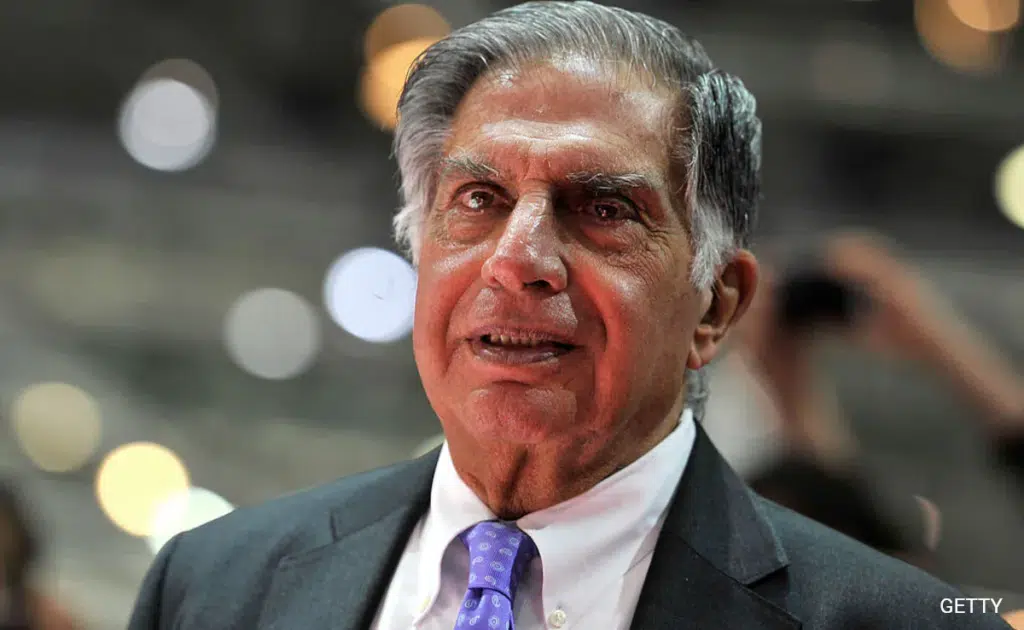
Ratan Tata’s Passing: Impact on Tata Group and Legacy Management
Any time a major business leader dies, there are legal and financial repercussions, and if Ratan Tata, the former Tata Group chairman, were to die, there would be no doubt legal concerns not only for Tata’s personal affairs, but also for the Tata Group as a whole. The fact that Ratan Tata is also an iconic business leader, a philanthropist and a figure that defines Indian industry when thinking about the future after his exit complicates the issue further.
- Strategic Leadership and Leadership Change Management
Ratan Tata left the post of chairman at Tata Sons in 2012 and had previously laid down a succession plan with his successor Cyrus Mistry, though this was followed by a series of lawsuits. Since Tata has stepped aside from operational activities, leadership at the Tata Group is being exercised by Natarajan Chandrasekaran. Therefore, from a corporate governance point of view, there will be no significant change in leadership as a legal form is already in place. But the symbolic role of Ratan Tata specially in view of Tata trusts may result in more intricate leadership changes. - Tata Trusts and the Culture of Giving
The legal issues arising from Ratan Tata’s death will be more prominently observed in the management of Tata Trusts that owns 66 percent of Tata Sons’ equity. Mr. Ratan Tata has been one of the key trustees of the foundation and hence on his exit the board will require a new trustee to be appointed. Tata Trusts are an influential part of the Tata Group and influence policy and strategy decisions. Hence the legal naming of the successor could be crucial and can be done based on trust laws and organization’s bylaws.
Also, the vast philanthropic commitment of Tata would require a proper management strategy. It is not known if there are legal requirements or trust documents that spell out how his philanthropy will proceed after his death. Alterations in the governance of the trusts may result in a change in how the money is split or which areas are being supported. It will also be necessary to make sure that his vision is legally set down, it could be done through a trust or a will.
- Estate and Inheritance Laws
In a more real life sense, the death of Ratan Tata will lead to a legal process in regard to his personal wealth. However, due to the fact that much of his wealth is held in the Trusts it is most likely that his last will and testament or other relevant legal documents will be needed in order to finalize the distribution of his assets. There is no wife or children of Tata and therefore there might be questions on the subject of his/her will and inheritance.
The distribution of assets of the deceased would be done as expected under the Indian laws of inheritance and it would be fairly easy in case there is a will left behind. Nevertheless, if there are no guidelines to follow, it can lead to lawsuits or delayed probate, given the fact that his assets are public.
- Shareholder Confidence as an Indicator of Corporate Stability
There is also the loss of confidence that may arise from the death of such a figure as Ratan Tata, though he has long retired from the business. From a legal point of view, the Tata Sons is managed by its board of directors and shareholders and its key shareholders are the Tata family, Tata Trusts and other investors. Nonetheless, the psychological aspect of markets together with media buzz may cause the changes in the shares’ prices and corporate actions.
To avoid such situations, the board may have to act before the occurrence of risks, for instance, by coming out with a policy on succession plan, making statements regarding stability of the company, and to a large extent, reassuring shareholders about the Tata Group’s persistence. If market instability is caused by such news then regulatory bodies such as SEBI (Securities and Exchange Board of India) may intervene.
- Legal Concerns and Issues
One also has to imagine that some legal issues may occur after the death of the individual. The recent leadership saga between Ratan Tata and Cyrus Mistry might be followed by more legal disputes on the management of the Tata Group. New claimants or challenges may come up if the estate of the dead person or leadership succession is not well defined. It may result to a long court battles in case he made some mistakes in his will.
In addition, due to Tata’s involvement in many charitable and public related activities, there could be controversies on how these are run, especially if everyone involved feels that Tata’s desires are not being met.
- Preserving the Tata Legacy
In the legal and moral regard, after Ratan Tata’s death the main concern would probably remain on the perpetual continuation of his business and charitable activities. The lawyers and legal advisors who are involved in the Tata Group and his trust will need to make sure that his idea and charitable agenda remains intact. Any divergence from this could result in a number of legal issues, from beneficiaries or other interested parties.
In conclusion, it is clear that the Tata Group has laid the groundwork for leadership transition, but Ratan Tata’s death may bring about a set of legal proceedings both on the personal level and on the level of the corporations and philanthropic initiatives he has been involved in. From facilitating change at Tata Trusts, to dealing with his property and handling any possible complications, the legal framework after Ratan Tata’s demise would be important but would potentially be as strategic and cautious as Tata was in his lifetime.



